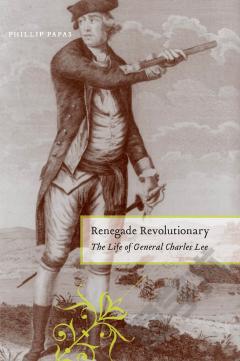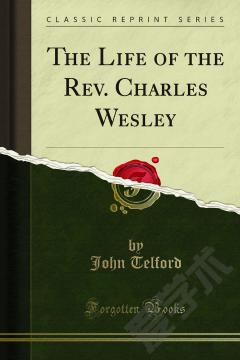Lord Grey of the Reform Bill —— Being the Life of Charles, Second Earl Grey
-----
When the late Earl Grey invited me, in 1913, to make use of the Howick Papers, in order to write the life of his grandfather, I asked him whether I might be allowed a freedom of historical comment more extensive than would be proper in the biography of a statesman recently dead. The permission was granted with characteristic readiness and generosity. My work was interrupted by an interval of more than four years of war, during which the late Lord Grey died, but his son, in the same spirit, desired me to complete the book.The original biography of the Reform Bill Premier, begun by his children for the benefit of a generation that had known him, was suspended midway, and the work had to be undertaken afresh. After the lapse of so many decades, the nature of the task had changed. A very different book is now wanted from that which would have been welcomed at a time when Russell, Palmerston, and other leading actors in the conflict of the great Reform Bill were still in public life, and when the clubs were full of men who remembered the Prince Regent and the Rotten Boroughs. Many debates, incidents, and intrigues that convulsed Brooks's, and were long held in memory there, have now lost the halo of traditional interest, without acquiring historical importance. The biographer, for example, is no longer called upon to narrate in detail the series of once famous negotiations by which Grey evaded office between 1809 and 1812.
{{comment.content}}








 京公网安备 11010802027623号
京公网安备 11010802027623号